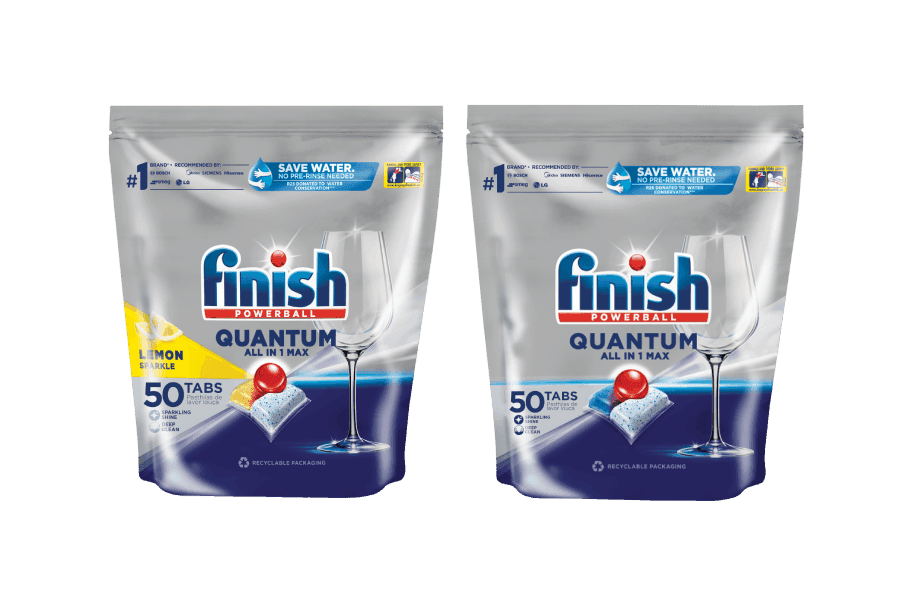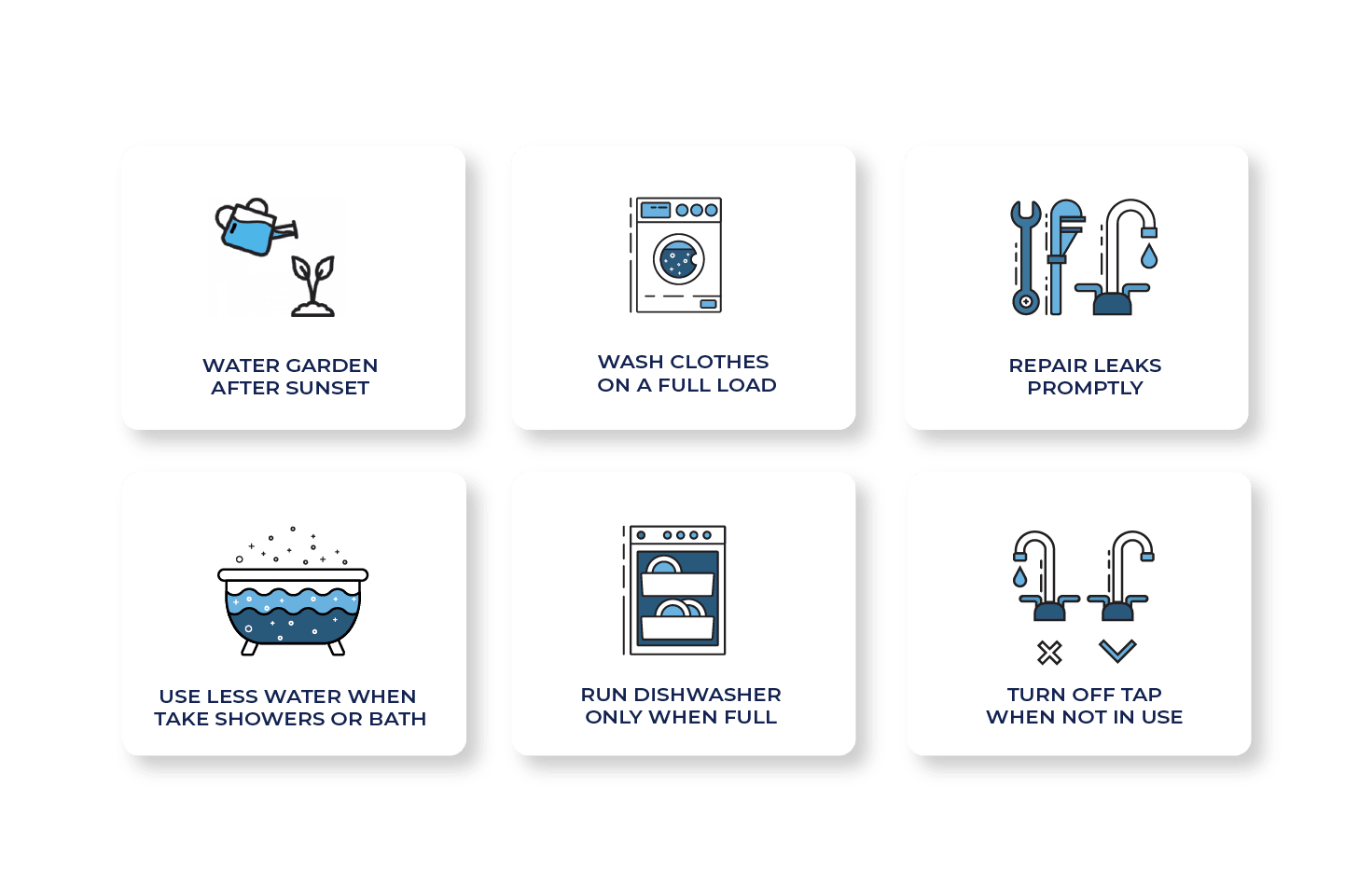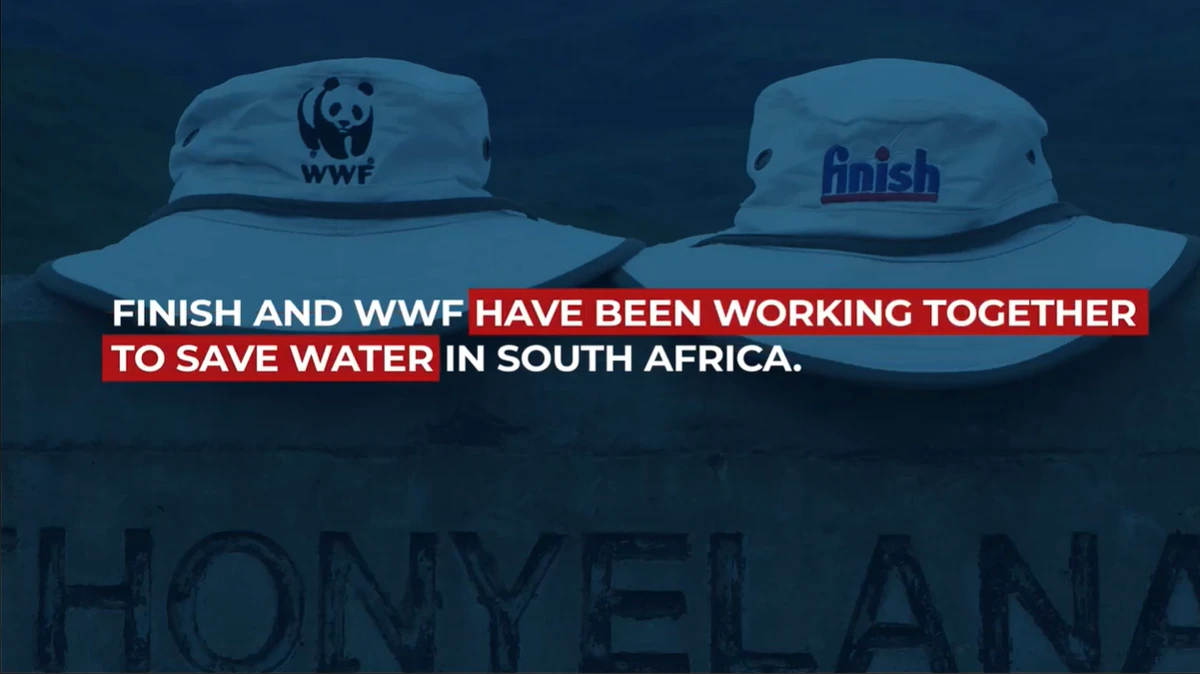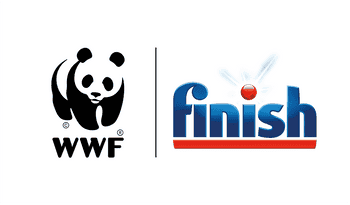Finish Saves Water
HOW WE ARE MAKING A DIFFERENCE
Hectares of invasive water-intense plant species cleared.
Releasing millions of liters of water back into ecosystems.
Detailed mapping and impact studies in catchment areas.
Donga restoration and other erosion control measures.
Build governance and long-term water yield of these water source areas.
Create economic opportunities and improve local livelihoods.
HOW PRE-RISING WASTES WATER
Our Finish Quantum tablets work efficiently to ensure that you do not have to pr-rinse your dishes before packing them into the dishwasher, saving up to 36 litres of water.
When you buy a Finish Water Saving Pack, R25 is donated to WWF's Water Conservation Initiative.




WATER SCARCITY IN SOUTH AFRICA
South Africa’s water scarcity has created a crisis, receiving an annual rainfall of 492 millimetres, whereas the rest of the earth receives 985 millimetres meaning we only get half of the world’s average. Since 2013, nearly every region in South Africa has experienced some form of drought and water shortage, resulting in water restrictions in urban areas as well as in the agriculture sector.
Our Partners
WWF
Environmental Partner![Finish and WWF Logos]()
National Geographic
Educational Partner![National Geographic logo]()

